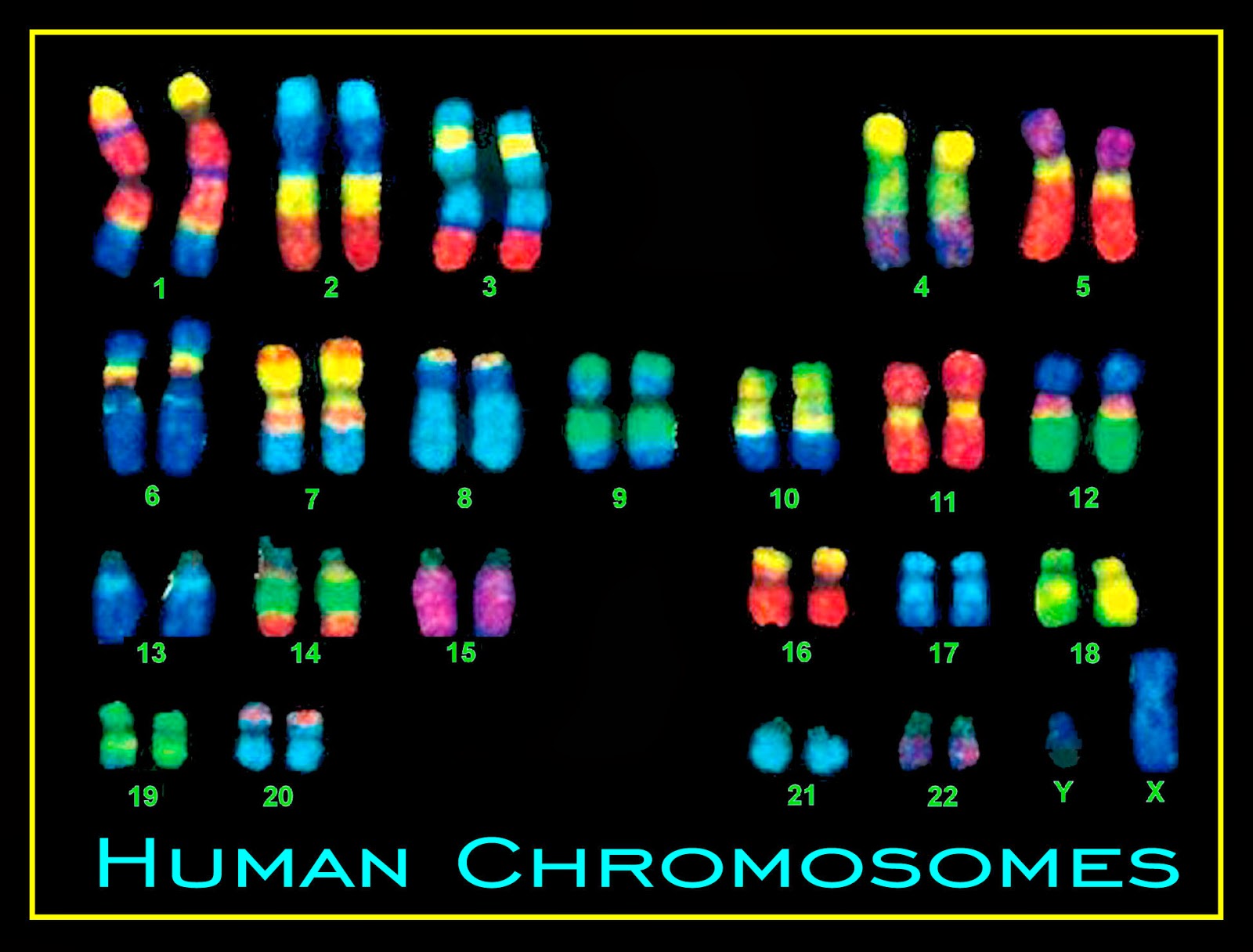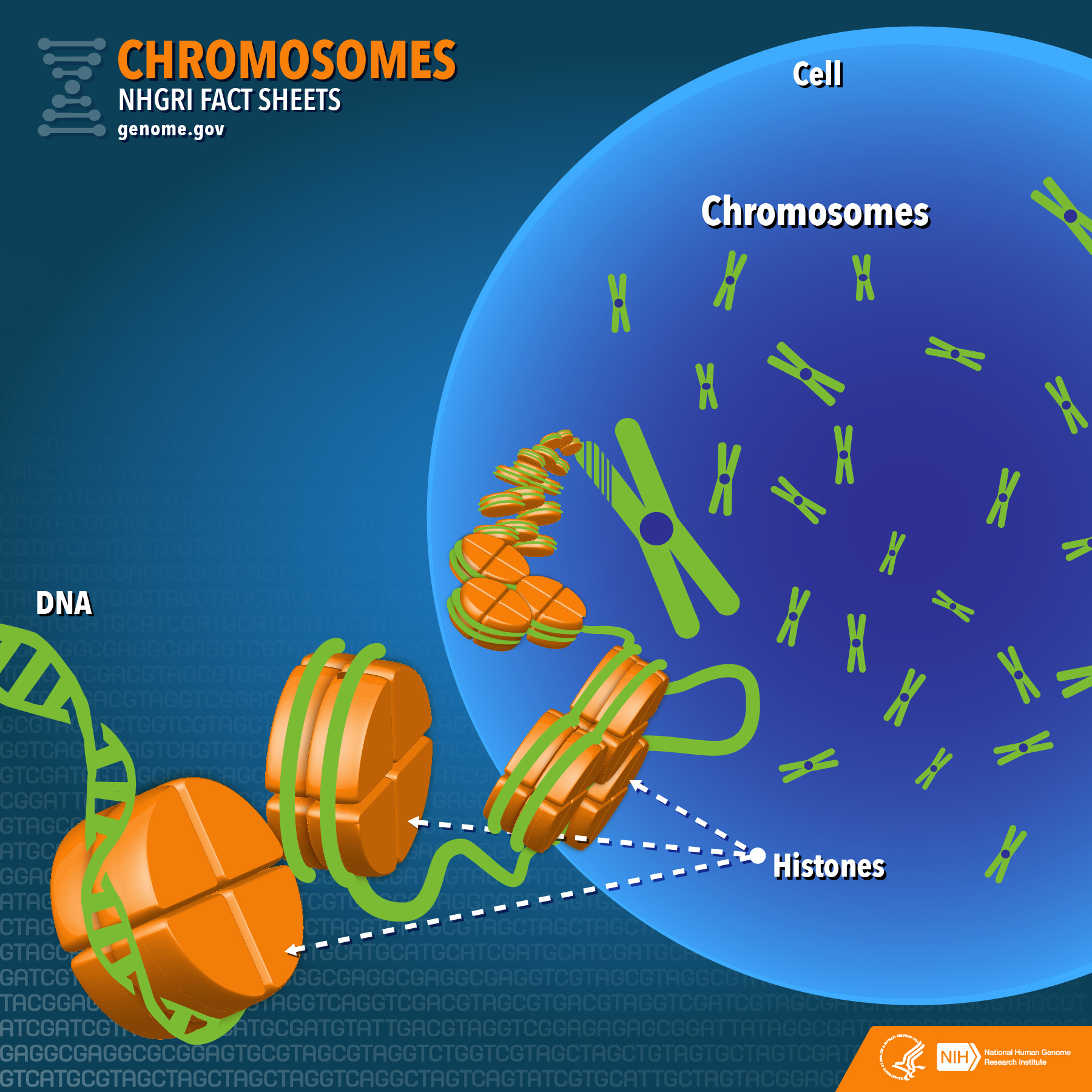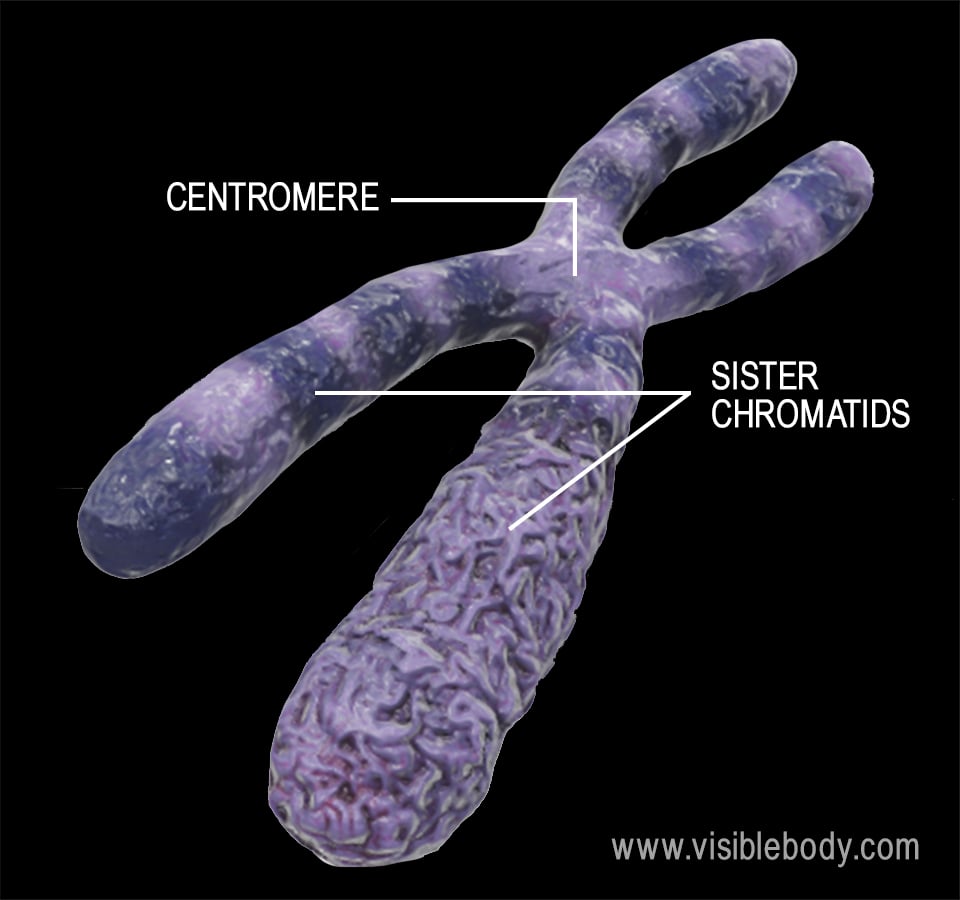Chromosomes Are A Form Of Blood Cells
Chromosomes Are A Form Of Blood Cells - The 23rd pair, the sex chromosomes, differ between males and females. Web the cell divides, and both of the daughter cells have a complete (diploid) set of chromosomes. A chromosome contains hundreds to thousands of genes. Females have two x chromosomes (xx), and males have an x and a y chromosome (xy). The word is a short form of allelomorph. Web of the 23 pairs of chromosomes, the first 22 pairs are called autosomes. the final pair is called the sex chromosomes. sex chromosomes determine an individual's sex: Web chromosomes are threadlike structures made of protein and a single molecule of dna that serve to carry the genomic information from cell to cell. Every normal human cell contains 23 pairs of chromosomes, for a total of 46 chromosomes. They are subdivided into genes. When cytokinesis finishes, we end up with two new cells, each with a complete set of chromosomes identical to those of the mother cell.
Web chromosomes are structures within cells that contain a person's genes. Web chromosomes are the structures that contain your genes and are within each cell. The best known of these is the rh system. Each chromosome is a long string of dna containing hundreds of genes all connected together. In eukaryotic cells the most important of these proteins are the histones. Blood cells are divided into three groups: In most cells, chromosomes are located in. / ˈæliːl /, / əˈliːl /; A chromosome is a long dna molecule with part or all of the genetic material of an organism. It is pretty intriguing how such a long structure is packed into a small cell.
One of each pair of chromosomes comes from your mother and one comes from your father. Modern formation from greek ἄλλος állos, other) is a variation of the same sequence of nucleotides at the same place on a long dna molecule, as described in leading textbooks on genetics and evolution. They are subdivided into genes. / ˈæliːl /, / əˈliːl /; The term chromosome is derived from the greek words chroma or color and some or body. Except for red blood cells, each cell contains a nucleus, and within that nucleus vital genetic material provides a blueprint for how the entire body functions. The word is a short form of allelomorph. Deoxyribonucleic acid (dna) is the material that exists in every cell in your body that holds your genetic code. The 23rd pair, the sex chromosomes, differ between males and females. Web chromosomes are structures within cells that contain a person's genes.
127 Chromosomes, DNA, genes and alleles Biology Notes for IGCSE 2014
Web the cell divides, and both of the daughter cells have a complete (diploid) set of chromosomes. Genes are contained in chromosomes, which are in the cell nucleus. Web chromosomes are the structures that contain your genes and are within each cell. Web blood, by definition, is a fluid that moves through the vessels of a circulatory system. In eukaryotic.
PLNT 3140 Introductory Chromatin
The rh antigens are of particular importance in human medicine. Chromosomes are formed during complex hierarchical levels of folding. Web in humans, each cell normally contains 23 pairs of chromosomes, for a total of 46. Genes are contained in chromosomes, which are in the cell nucleus. Each chromosome is made of protein and a single molecule of deoxyribonucleic acid (dna).
Types of Chromosomes Biology Wise
The chromosomes uncoil in the new cells, again forming the diffuse network of chromatin. Genes are contained in chromosomes, which are in the cell nucleus. A chromosome is a long dna molecule with part or all of the genetic material of an organism. Web blood cell formation, also called hematopoiesis or hemopoiesis, continuous process by which the cellular constituents of.
Billedresultat for mitosis phases lightmicroscopy Mitosis, Biología
They are subdivided into genes. Genes are contained in chromosomes, which are in the cell nucleus. / ˈæliːl /, / əˈliːl /; In plants and animals (including humans), chromosomes reside in the nucleus of cells. In eukaryotic cells the most important of these proteins are the histones.
Chromosomes Fact Sheet NHGRI
Web the cell divides, and both of the daughter cells have a complete (diploid) set of chromosomes. Web chromosomes are located in the eukaryotic cell's nucleus, and they are most visible in the cell during cellular division. The term chromosome is derived from the greek words chroma or color and some or body. Modern formation from greek ἄλλος állos, other).
Les 40+ meilleures chromosome image 133970Chromosome images free
The word is a short form of allelomorph. Females have two copies of the x chromosome, while males have one x and one y chromosome. Identifying genes on each chromosome is an. The 100 trillion cells that comprise the human body come in many different shapes and sizes, but have one thing in common. Web chromosomes are found carrying your.
Costeffective method accurately orders DNA sequencing along entire
The daughter cells enter the cell cycle in g1. Deoxyribonucleic acid (dna) is the material that exists in every cell in your body that holds your genetic code. Genes are contained in chromosomes, which are in the cell nucleus. Chromosomes are not visible in the cell’s nucleus—not even under a microscope—when the cell is not dividing. The red blood cells.
Blood For Chromosome Analysis Stock Photo Download Image Now iStock
In eukaryotic cells the most important of these proteins are the histones. The word is a short form of allelomorph. The rh antigens are of particular importance in human medicine. Web chromosomes are threadlike structures made of protein and a single molecule of dna that serve to carry the genomic information from cell to cell. When a cell divides, one.
DNA, chromosomes and cells Garvan Institute of Medical Research
Passed from parents to offspring, dna contains the specific instructions that make each type of living creature unique. In most cells, chromosomes are located in. Females have two x chromosomes (xx), and males have an x and a y chromosome (xy). Web video test 1 2 chromosomes and genes chromosomes chromosomes are thin strands of dna (deoxyribonucleic acid). Web chromosomes.
Heredity Structure and composition of DNA Britannica
Every normal human cell contains 23 pairs of chromosomes, for a total of 46 chromosomes. Web blood cell formation, also called hematopoiesis or hemopoiesis, continuous process by which the cellular constituents of blood are replenished as needed. Web humans normally have 46 chromosomes in each cell, divided into 23 pairs. When a cell divides, one of its main jobs is.
A Chromosome Contains Hundreds To Thousands Of Genes.
The 23rd pair, the sex chromosomes, differ between males and females. The term chromosome is derived from the greek words chroma or color and some or body. Web the cell divides, and both of the daughter cells have a complete (diploid) set of chromosomes. Web blood cell formation, also called hematopoiesis or hemopoiesis, continuous process by which the cellular constituents of blood are replenished as needed.
Web Chromosomes Are Located In The Eukaryotic Cell's Nucleus, And They Are Most Visible In The Cell During Cellular Division.
The red blood cells ( erythrocytes ), the white blood cells ( leukocytes ), and the blood platelets (thrombocytes). Web chromosomes are threadlike structures made of protein and a single molecule of dna that serve to carry the genomic information from cell to cell. Each chromosome is made of protein and a single molecule of deoxyribonucleic acid (dna). Females have two copies of the x chromosome, while males have one x and one y chromosome.
The Word Is A Short Form Of Allelomorph.
Web chromosomes are structures within cells that contain a person's genes. It starts with a long double strand of replicated dna, after. Chromosomes are not visible in the cell’s nucleus—not even under a microscope—when the cell is not dividing. Every normal human cell contains 23 pairs of chromosomes, for a total of 46 chromosomes.
Genes Are Contained In Chromosomes, Which Are In The Cell Nucleus.
For example, almost 4.6 million base pairs, spanning a length of approximately 1.1mm, are found in e.coli. Chromosomes are formed during complex hierarchical levels of folding. Each chromosome is made up of dna tightly coiled many times around proteins called histones that support its structure. The mother and father each contribute one set of 22 autosomes and.









